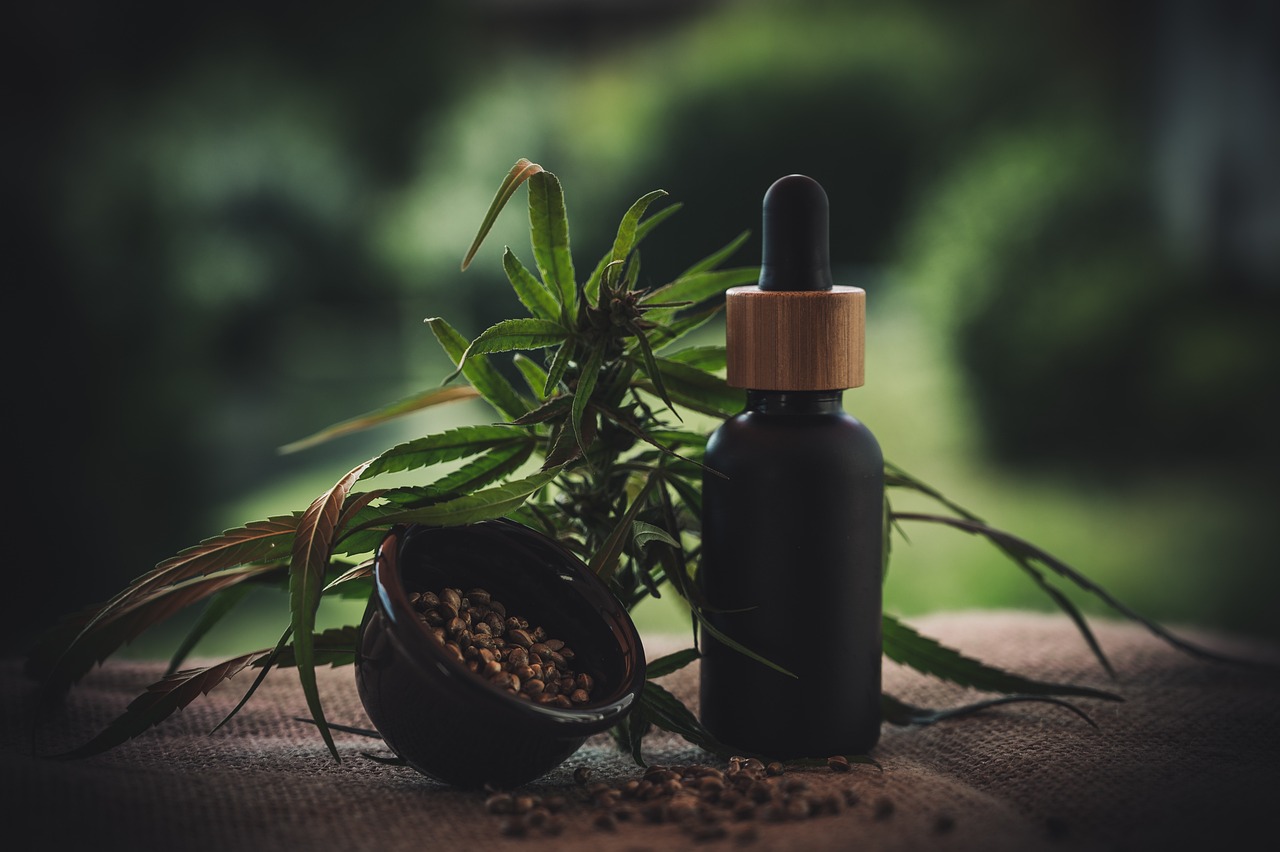As the popularity of CBD products continues to rise, consumers face a variety of options that can feel overwhelming. One of the most common questions is whether to choose full-spectrum CBD or broad-spectrum CBD. While both types offer unique benefits, understanding the differences between them is key to finding the product that best suits your needs.
In this article, we’ll break down the differences between full-spectrum and broad-spectrum CBD, and help you determine which is the right choice for your wellness journey.
What Is Full-Spectrum CBD?
Full-spectrum CBD contains all the naturally occurring compounds found in the cannabis plant, including:
- Cannabinoids (like CBD and trace amounts of THC)
- Terpenes (the aromatic compounds found in plants)
- Flavonoids (phytonutrients with antioxidant properties)
The defining characteristic of full-spectrum CBD is that it includes a small amount of THC (tetrahydrocannabinol), typically below the legal limit of 0.2% in the UK. This trace amount is not enough to cause a “high,” but it plays an important role in what is known as the entourage effect.
The Entourage Effect
The entourage effect refers to the idea that the various compounds in the cannabis plant work together to enhance the therapeutic benefits of CBD. By including cannabinoids like THC, alongside terpenes and flavonoids, full-spectrum CBD provides a more comprehensive, synergistic approach to wellness.
Benefits of Full-Spectrum CBD:
- Enhanced therapeutic effects due to the entourage effect
- May be more effective for pain relief, inflammation, and anxiety
- Offers a natural, whole-plant experience
Potential Drawbacks:
- Contains trace amounts of THC, which could be a concern for people who are sensitive to it or undergo drug testing
- May have a strong earthy taste due to the presence of terpenes and other compounds
What Is Broad-Spectrum CBD?
Broad-spectrum CBD is similar to full-spectrum CBD, with one key difference: it does not contain THC. While it retains other beneficial compounds like cannabinoids, terpenes, and flavonoids, the THC is completely removed during the extraction process.
This makes broad-spectrum CBD an ideal option for those who want the benefits of the entourage effect without any THC exposure.
Benefits of Broad-Spectrum CBD:
- No THC, making it a safer option for people who are concerned about drug testing or THC sensitivity
- Still offers some level of the entourage effect, although not as potent as full-spectrum CBD
- A good middle ground between full-spectrum and CBD isolate
Potential Drawbacks:
- The absence of THC may reduce the overall effectiveness of the entourage effect
- May still have an earthy flavor, although it is often milder than full-spectrum CBD
How to Choose Between Full-Spectrum and Broad-Spectrum CBD?
When deciding between full-spectrum and broad-spectrum CBD, it’s important to consider your personal preferences, lifestyle, and health goals.
1. THC Sensitivity or Drug Testing Concerns
If you are sensitive to THC or are worried about drug testing, broad-spectrum CBD is the safer choice. Since it contains zero THC, you won’t risk any accidental exposure that could lead to a positive drug test result.
2. Seeking the Entourage Effect
For individuals seeking the maximum therapeutic benefits of CBD, full-spectrum is often preferred. The entourage effect, including the small amount of THC, enhances the overall impact of the product. If you’re dealing with chronic pain, anxiety, or inflammation, full-spectrum CBD may offer stronger relief.
3. Flavor Preferences
Full-spectrum CBD tends to have a stronger, more natural flavor due to the presence of a variety of compounds from the cannabis plant. If you prefer a milder taste, broad-spectrum CBD might be more suitable for you.
4. Legal Considerations
Although full-spectrum CBD contains only trace amounts of THC, it’s important to make sure the product is compliant with local regulations. In the UK, CBD products must contain less than 0.2% THC. Always check the label and third-party lab results to ensure you’re purchasing a legal product.
Full-Spectrum vs. Broad-Spectrum CBD: Which Is Better for You?
Ultimately, the choice between full-spectrum and broad-spectrum CBD depends on your individual needs
- Choose full-spectrum CBD if you want to maximize the entourage effect and don’t mind the trace amount of THC.
- Choose broad-spectrum CBD if you want a THC-free option but still want to benefit from some of the plant’s other cannabinoids and terpenes.
Regardless of which option you choose, it’s essential to start with a high-quality product. Look for CBD Oil in the UK that has been third-party lab tested to ensure purity and potency. Whether you’re looking to manage stress, reduce pain, or improve overall well-being, both full-spectrum and broad-spectrum CBD can offer a natural, effective way to support your health.




